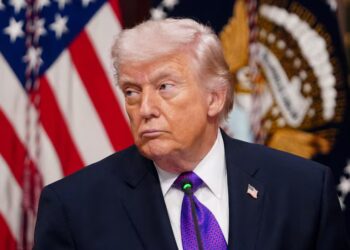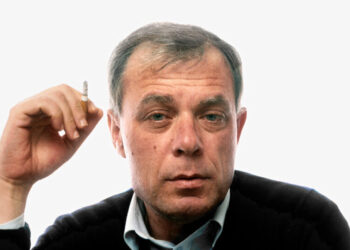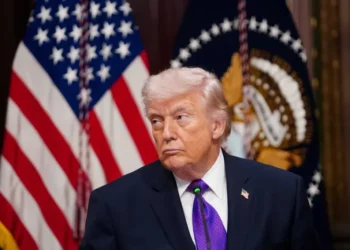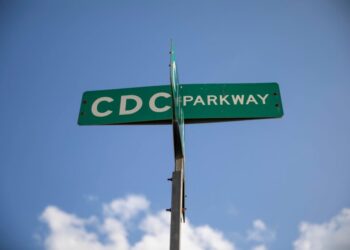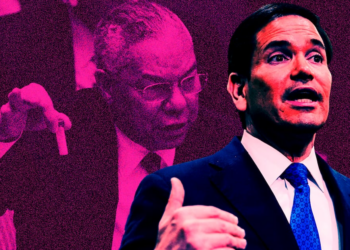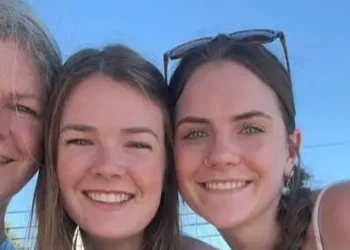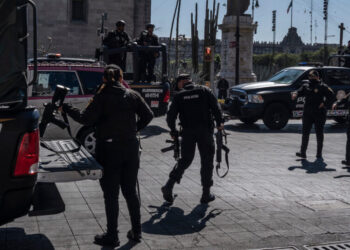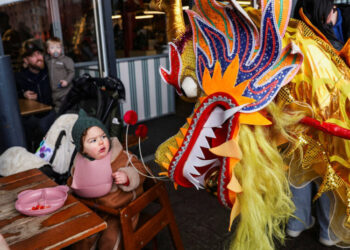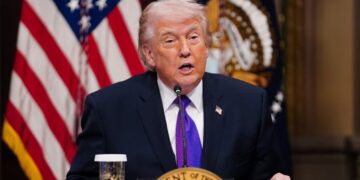The Boys in Trueblood Came to Rock
Like so many young rockers, the members of the band Trueblood have a rebellious streak. “Don’t tell our parents, but...
‘Bridgerton’ Fends Off 2 HBO Max Shows to Top Streaming Chart
HBO Max has been mining the “Game of Thrones” universe to great success lately. Now we have a little game...
Democrats say Noem’s firing isn’t enough to end DHS shutdown
Lawmakers remain at odds over funding the Department of Homeland Security, despite President Donald Trump’s move to fire Secretary Kristi...
Trump Shrugs Off Gas Price Crisis as Costs Set to Explode
The president isn’t bothered by the at-home consequences of his new war. President Donald Trump, 79, has shrugged off concerns...
António Lobo Antunes, One of Europe’s Most Revered Writers, Dies at 83
António Lobo Antunes, a prolific Portuguese novelist whose multilayered narratives dissecting the faultlines of Portuguese society made him a literary...
Possible ‘military insider’ bets big Trump will send US troops into Iran
A suspicious betting account on the prediction market website Polymarket appears poised to win big if President Donald Trump deploys...
Why it matters that the government is messing with health databases
You’re reading The Checkup With Dr. Wen, a newsletter on how to navigate medical and public health challenges. Click here...
Here’s Why David Finlay Chose AEW Over WWE
David Finlay left New Japan Pro Wrestling as one of the hottest free agents in the world of professional wrestling....
Opinion: Marco Rubio Is No Colin Powell. That’s the Problem
Colin Powell spent the final years of his life haunted by his February 2003 presentation to the United Nations Security...
My daughters were secretly tracking my location and I had no idea. I’m actually relieved they care about where I am.
The author and her daughters all track each other Courtesy of the authorI didn't have a smartphone when my kids...



